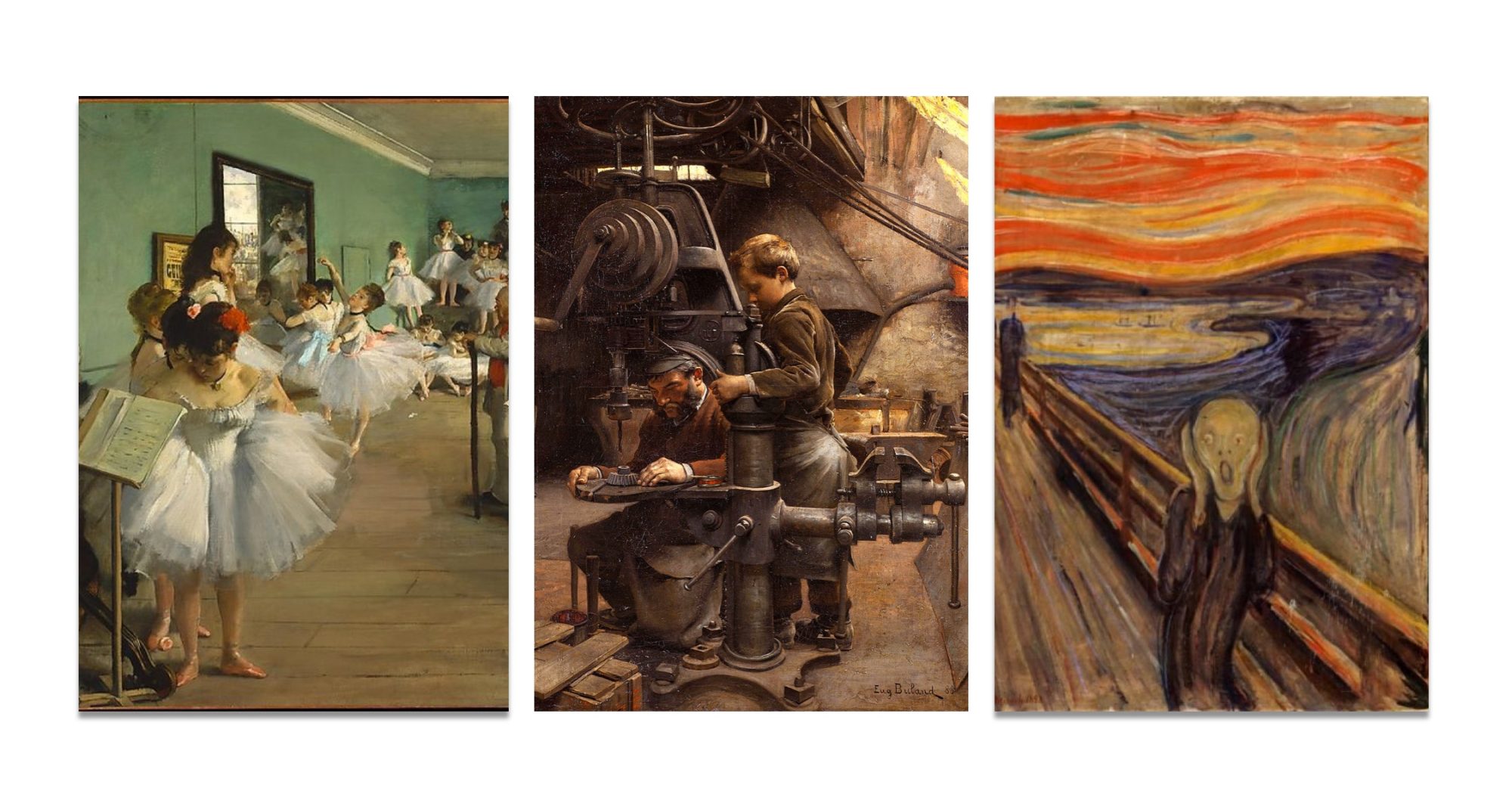Victorian England was governed by the Monarchy who was answerable to the powerful Parliament, a more democratic way of government. This parliament had representatives much like Congress in the United States of America. Delegates for each region of the country would represent the people and help make decisions on behalf of the people. The initial problem regarding this system was that many places in England, particularly the “industrial north” were not being properly represented and therefore the voice of the lower class and the working middle class was not heard in parliament (Everett).
The common people knew their voice was not being heard and that no attempt was made at acknowledging their existence. Therefore in cities like Manchester and Birmingham people began setting up their own small political systems. These systems were discovered by the English government and deemed illegal. Many of the lower classes, wanting desperately for their opinions to be heard, began rioting. Attacks were made on Sir Charles Wetherall, a local anti-reform politician and on his mansion. These riots consisted of younger men in numbers exceeding four and five hundred (Ewald). The endeavors of these men to bring about justice were not highly esteemed by their fellow lower classmen, because of their violent displays, however, their fervor conveys an accurate description of the lower class’ push for a voice and power.
Change happened in the form of the Reform Act of 1832. This reform redistributed the representation so that the lower and middle class were given a voice and a hand in their countries inner workings. This act so drastically changed the distribution of power among the classes that some likened this social-political change to the outcome of the French Revolution, saving the bloodshed (Everett).
While the lower classes rejoiced in their achievements and steps towards equality, this act was met with much resistance from the upper class. When the bill first was passed from the House of Commons to the House of Lords, the Lords rejected the bill and were greatly disturbed by the audacious suggestion that lowly people could be given authority in their government system. The Lords were tarrying and going to reject the bill however the Duke of Wellington ordered the Dukes to either pass on their vote or make a decision. Over 200 Lords decided not to vote and the bill passes into law against the wishes of most of the upper class politicians (Bloy).
Bloy, Marjie. (April 1997). The Reform Act Crisis. Retrieved from www.victorianweb.org.
Everett, Glenn. (December 31, 2010). The Reform Acts. Retrieved from www.victorianweb.org.
Ewald, Alexander Charles. (April 4, 2002). The Bristol 1832 Reform Bill Riots—A Late Victorian View. Retrieved from www.victorianweb.org.
